The Advanced High Performance Reconnaissance Light Aircraft (AHRLAC) is a two-seater reconnaissance and surveillance aircraft being designed and developed by South Africa-based company Aerosud. It is the first civil certified military aircraft being built by Aerosud in collaboration with the South African Paramount group.
The aircraft will play a major role in peace keeping and emergency relief policing, border control, drug control and reconnaissance.
The mission capabilities of the aircraft include coin operations, electronic surveillance (ELINT/COMINT), maritime, coastal and fisheries patrol (EEZ Patrol), forward air supply, advanced training, armed patrol, escorting and light attack.
The first AHRLAC prototype made first public flight at Wonderboom Airport in Pretoria in August 2014.
Advanced High Performance Reconnaissance Light Aircraft design
The design of AHRLAC was targeted to produce a low cost surveillance aircraft. It will be a multitasking aircraft suitable for both civil and military applications. It is designed to execute military, paramilitary, policing and civilian missions.
The lower portion of the fuselage is in the form of a conformal pod, which helps to switch the aircraft to flexibly operate in multiple roles.
AHRLAC can perform self-deployment with low ground support and logistics even in remote areas. The high-wing of the aircraft can perform bush and rough field operations. The pusher configuration provides unobstructed sensor and weapon placement.
AHRLAC is a highly manoeuvrable aircraft for use in advanced training missions, evasive and attack manoeuvres. It is highly adaptable to any kind of mission, even in the most severe conditions. It will offer greater pilot situational awareness and reduced back-end support.
Development of the reconnaissance and surveillance aircraft
AHRLAC has been developed at Aerosud’s Centurion Aerospace Village (CAV).
The development of the first prototype commenced in late 2009.
The wind tunnel testing has been completed.
The ¼ radio controlled model has undergone about 80 flight tests.
The prototype was unveiled to the public in September 2011.
The prototype was expected to complete its maiden flight in 2012 but delayed by approximately two years.
Cockpit of Aerosud’s AHRLAC
AHRLAC features a bulbous cockpit with a tandem seating arrangement to accommodate two flight crew. It can also be fitted with two optional Martin Baker Mark 16 ejection seats. There is a large vertical separation in the cockpit. A look-down visibility from the cockpit is provided for both the crew of the aircraft.
Avionics system
The aircraft has a highly integrated core avionics system equipped with on-board display as well as data relay. It is also equipped with hands-on throttle and stick controls.
Landing gear
The retractable landing gear facilitates the aircraft to take-off from and land on semi and un-prepared airstrips. It has extra-large high-flotation wheels with large diameter and low pressure.
Weapons and armaments on the aircraft
AHRLAC is provided with six underwing hard points for carrying weapons. Two hard points can carry external fuel tanks. The aircraft can also carry the Mokopa air-to-surface missiles of Denel Dynamics, pod-housed unguided rockets and a nose-mounted 20mm of cannon.
Sensors / radars
AHRLAC has a combination of mission specific pods which include FLIR (forward looking Infra-red) camera, SAR (synthetic aperture radar), active and passive EW, ELINT (electronic signals intelligence) and COMINT (communication intelligence).
The aircraft is equipped with advanced on-board sensors and belly-shaped multimission sensor pod.
Engine of the Advanced High Performance Reconnaissance Light Aircraft
AHRLAC is powered by Pratt and Whitney Canada’s PT6A-66B turboprop engine rated at 634kW. A simple propeller is also fitted at the rear section of the aircraft.
The engine has a diameter of 48.26cm and a length of 178cm.
AHRLAC has high cruise and dash speeds. It has a maximum cruising speed of 300kts (540kmph) and a range of 1,100 nautical miles. The endurance is more than seven hours. The maximum take-off weight is 3,200kg and the service ceiling is 31,000ft.
The Global Military Aircraft Market 2011-2021
This project forms part of our recent analysis and forecasts of the global Military Aircraft market available from our business information platform Strategic Defence Intelligence. For more information click here or contact us: EMEA: +44 20 7936 6783; Americas: +1 415 439 4914; Asia Pacific: +61 2 9947 9709 or via email.
Related content
ASTOR Sentinel R1 Airborne Stand-off Radar Aircraft, United Kingdom
In December 1999, Raytheon Systems Ltd was awarded an $860m contract for the development of the UK Ministry of Defence airborne stand-off radar (ASTOR).

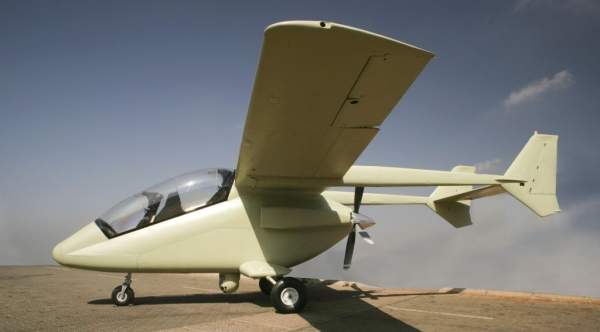
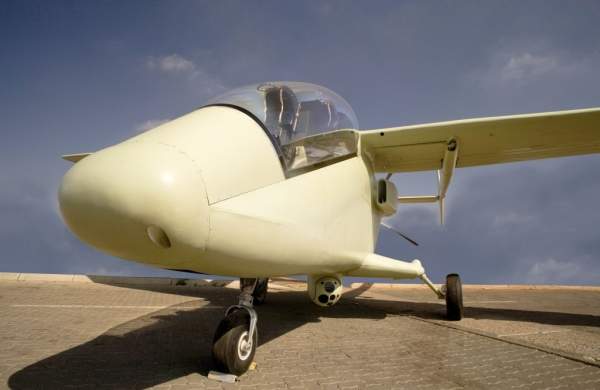
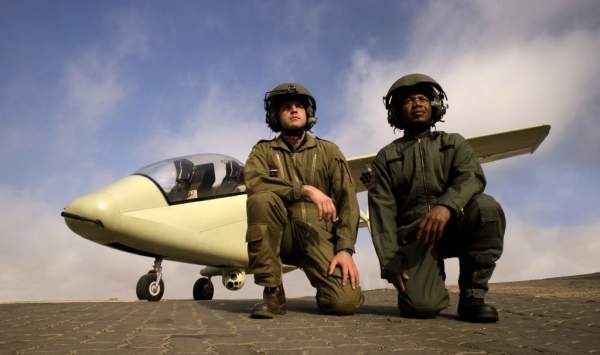
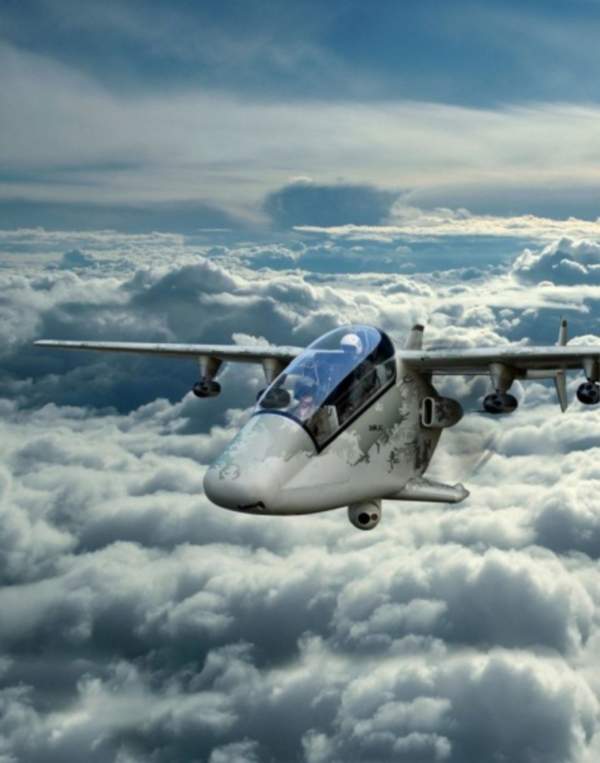
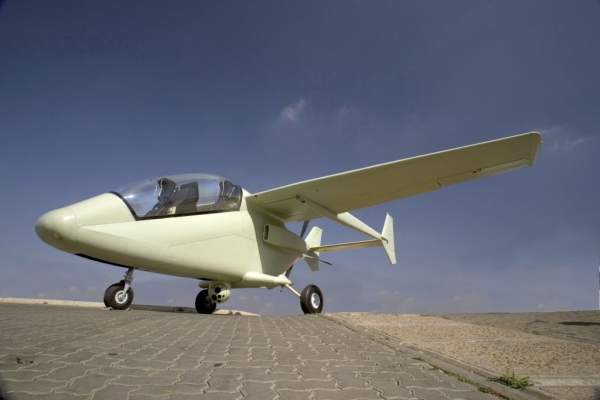
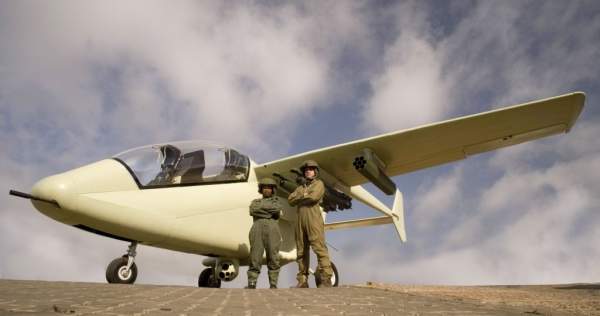



.gif)
